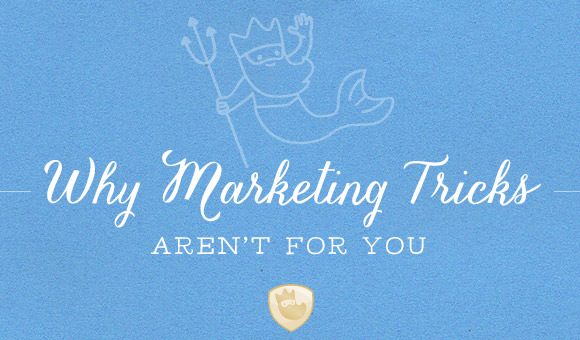Blogging seems simple enough! But did you know that you could get in legal trouble for blogging, or at least risk angering someone you admire? Consider some basic blogging ethics and understand the legal issues with blogging. Not only do you want to keep things legal, but you want your readers to trust and respect you. Here are some things to think about. Copyright and … [Read more...] about Ethical Guidelines for Blogging
Marketing
Get a Look at Online Selling From the Inside: 6 Questions Answered by Successful MadeFreshly Sellers
Have you ever said to yourself that you wish you could go back and live five or ten years ago with the knowledge you have now? Well, what if I told you, you CAN. So you love making awesome things, with your hands. And you’ve probably also told yourself how great it would be to make money doing just that. We all have! But you don’t know how to even start going about it. … [Read more...] about Get a Look at Online Selling From the Inside: 6 Questions Answered by Successful MadeFreshly Sellers
Why Mainstream Retail Marketing Tricks Aren’t For You
There are a lot of ways to promote a business. I'm sure you've seen a big flapping "balloon man" at Jiffy Lube, had a pizza flyer hung on your doorknob, or read about a local business in a coupon pack mailed to CURRENT RESIDENT. These marketing tricks undoubtedly work, or people wouldn't continue to spend their money on them but are they the right thing for your creative, … [Read more...] about Why Mainstream Retail Marketing Tricks Aren’t For You
Blog Organization for Creative Businesses
Many of you will have blogs that relate to your handmade and creative businesses. You know they can be a great marketing tool, and you know that you need to spend some time working on them. But I’m guessing that for at least some of you, there’s always that pull telling you that you should be creating or making and not blogging. There’s always something that needs doing when … [Read more...] about Blog Organization for Creative Businesses
Growing & Organizing Your Subscriber List: Interview with Caylie Price
I'm going to be honest, I'm not the best at being organized. Yes, I'm that typical creative bird with her mind off in the clouds so much of the time. So when I read about the theme this month my first inclination was to find someone else to interview who is much more organized than I. Almost immediately, I knew who that was - Caylie Price of Better Business, Better … [Read more...] about Growing & Organizing Your Subscriber List: Interview with Caylie Price






